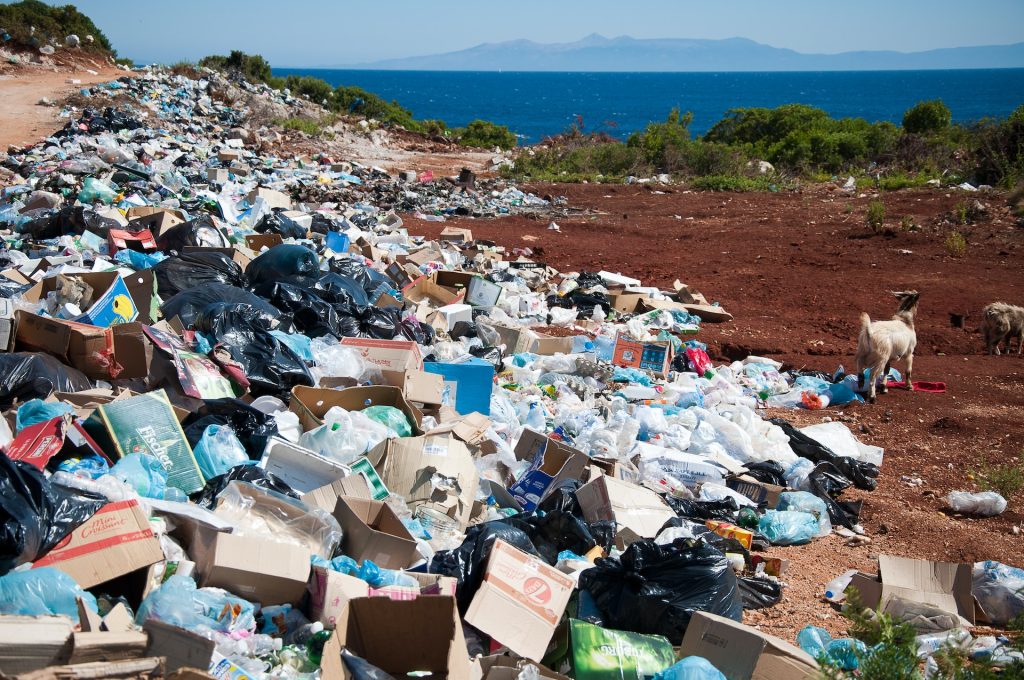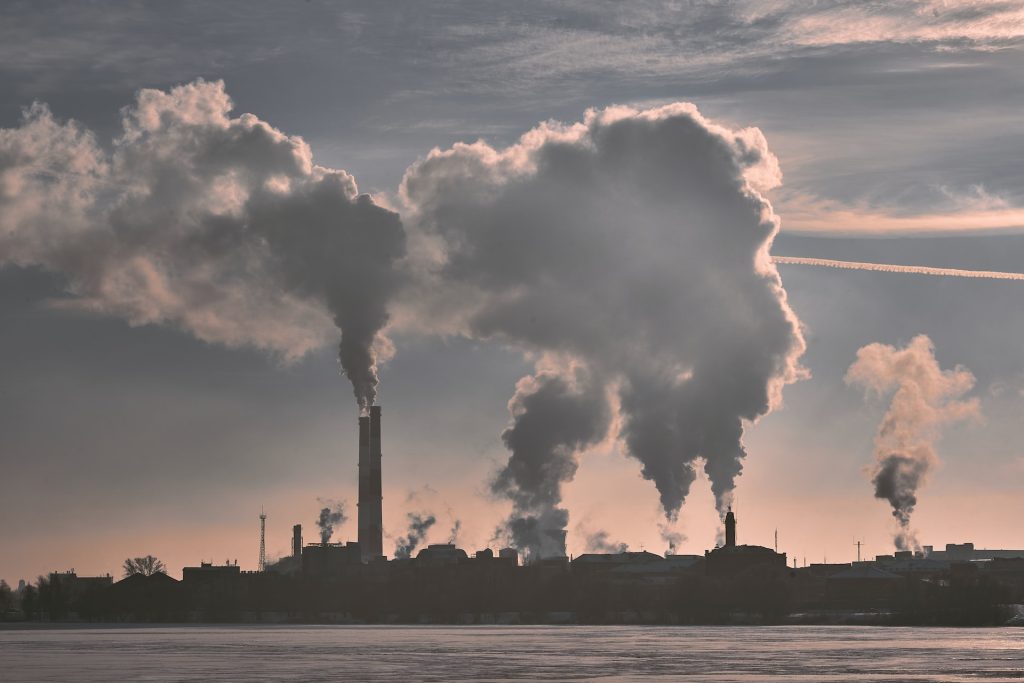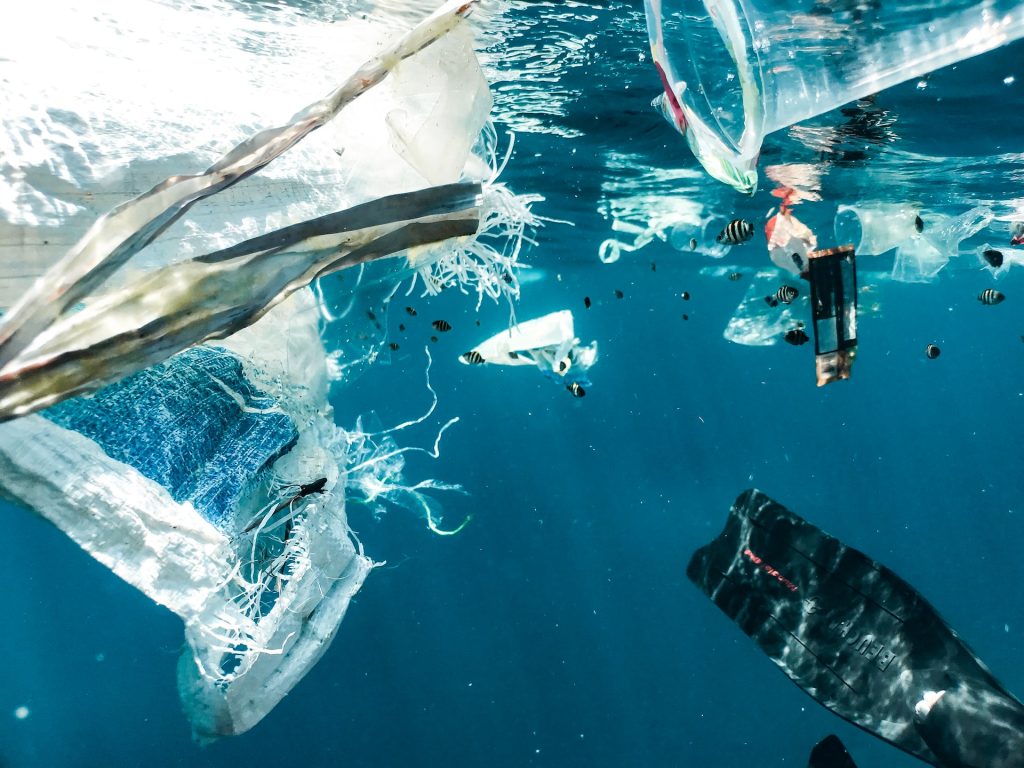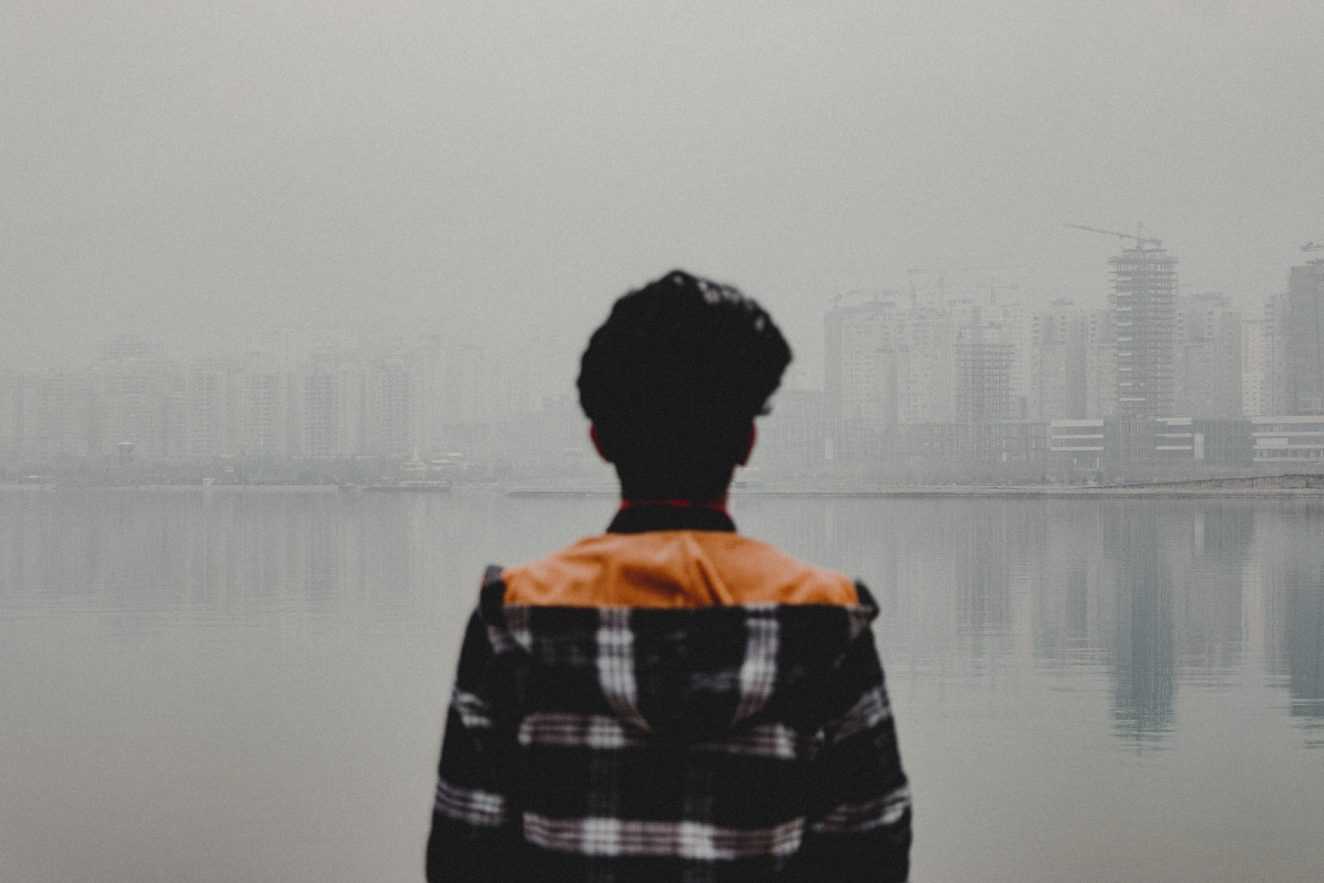Pollution, in all its forms, is a crisis that demands our immediate attention. It affects the air we breathe, the water we drink, and the Earth we call home. This blog post delves into the root causes, harmful effects, and the urgent need for human intervention to mitigate this growing problem. It’s time to face the sobering reality and take action against the menace that is pollution.

What Is Pollution and Why Does It Happen?
Pollution is the introduction of harmful contaminants into the environment, resulting in adverse changes that disrupt the natural equilibrium. It can take various forms, including air pollution, water pollution, soil contamination, noise pollution, and more. Pollution occurs for a multitude of reasons, but the primary drivers include:
- Industrial Activities: Factories, power plants, and manufacturing facilities release a range of pollutants, including carbon emissions, chemicals, and particulate matter, into the air and water.
- Transportation: Automobiles, planes, and ships emit greenhouse gases, including carbon dioxide and nitrogen oxides, contributing to air pollution and climate change.
- Agriculture: The use of pesticides, fertilizers, and intensive farming practices can contaminate soil and water, leading to harmful runoff.
- Waste Disposal: Improper waste disposal, including plastic litter and hazardous waste, contaminates land and water sources.
- Deforestation: The removal of trees and natural vegetation disrupts ecosystems, contributing to soil erosion and air pollution.
- Urbanization: Rapid urban growth often leads to habitat destruction, increased energy consumption, and overpopulation, all of which exacerbate pollution.
The Harmful Effects of Pollution
The consequences of pollution are profound and far-reaching, affecting human health, ecosystems, and the planet as a whole. Some of the most pressing effects include:
- Respiratory Problems: Air pollution, particularly from fine particulate matter and ground-level ozone, leads to a higher incidence of respiratory diseases such as asthma, bronchitis, and lung cancer.
- Water Contamination: Polluted water sources can contain harmful microorganisms, heavy metals, and toxic chemicals, leading to waterborne diseases, disruption of aquatic ecosystems, and harm to wildlife.
- Soil Degradation: Soil pollution decreases soil fertility, impacting crop yields and overall agricultural productivity.
- Biodiversity Loss: Pollution can lead to habitat destruction, which, in turn, results in a loss of biodiversity as species struggle to adapt to changing conditions.
- Climate Change: Greenhouse gas emissions from human activities are a significant driver of global warming and climate change, resulting in more frequent and severe weather events.
- Economic Costs: Pollution imposes substantial economic burdens through healthcare expenses, decreased labor productivity, and environmental remediation efforts.

Mitigating Pollution: What Can Humans Do?
Mitigating pollution requires collective and individual action. While it’s an issue deeply rooted in various industrial and societal practices, there are steps we can take to alleviate its harmful effects:
- Reduce, Reuse, Recycle: Embrace the “Three Rs.” Reduce waste by using fewer disposable products, reuse items whenever possible, and recycle materials to reduce the strain on landfills.
- Clean Energy: Support and adopt clean energy sources such as solar, wind, and hydroelectric power, reducing reliance on fossil fuels and lowering carbon emissions.
- Green Transportation: Opt for public transportation, carpooling, biking, or walking to reduce the number of vehicles on the road and lessen air pollution.
- Conservation: Protect and restore natural habitats and promote sustainable land management practices to prevent soil erosion and loss of biodiversity.
- Waste Management: Properly dispose of hazardous materials and adopt sustainable waste management practices.
- Reducing Emissions: Advocate for government policies aimed at reducing emissions from industries and vehicles. Support initiatives like carbon pricing and emission reduction targets.
- Environmental Education: Raise awareness about pollution and its effects. Encourage sustainable living practices in schools and communities.
- Individual Responsibility: Consider the environmental impact of daily choices, from the products you buy to the way you dispose of waste. Small actions can make a big difference when multiplied across society.
- Support Clean Technology: Encourage the development and adoption of clean technologies and green innovations that reduce pollution.
- International Cooperation: Pollution knows no borders. Collaborate with other nations to address global environmental challenges, such as climate change.

Pollution is a critical issue that jeopardizes the health and well-being of our planet and its inhabitants. It is imperative that we recognize the urgency of the situation and take concerted action to mitigate its effects. By reducing emissions, adopting sustainable practices, and supporting policies that address pollution, we can help protect our environment and ensure a healthier, more sustainable future for generations to come. It’s time to address the quiet crisis of pollution with the urgency and gravity it deserves.





